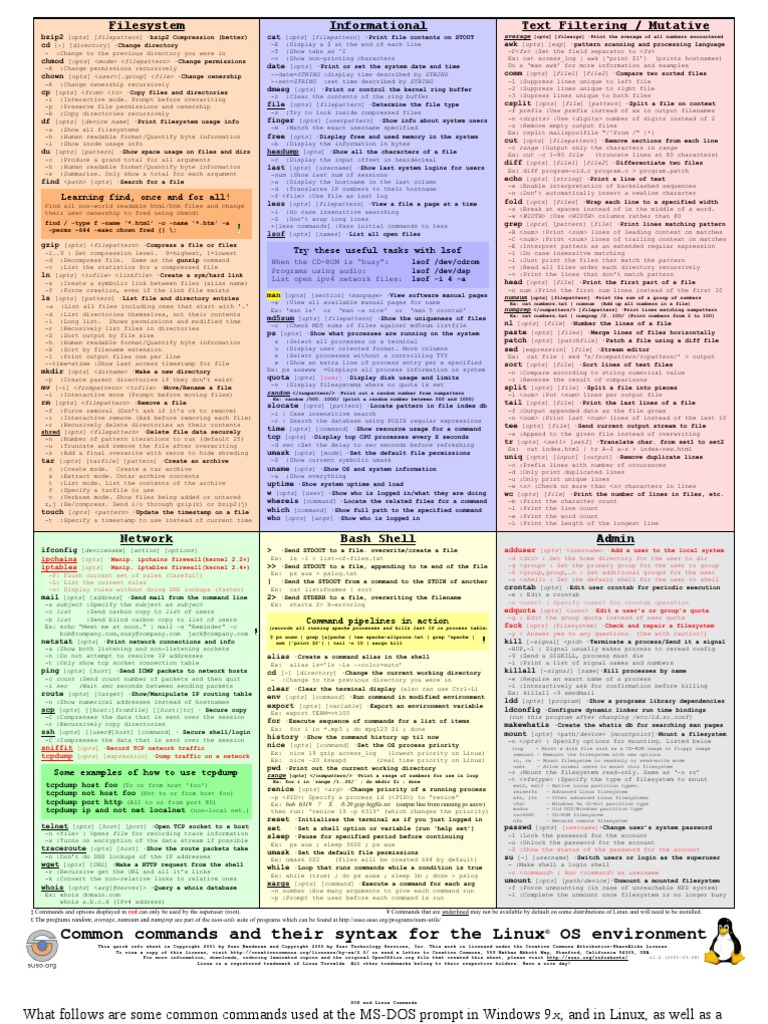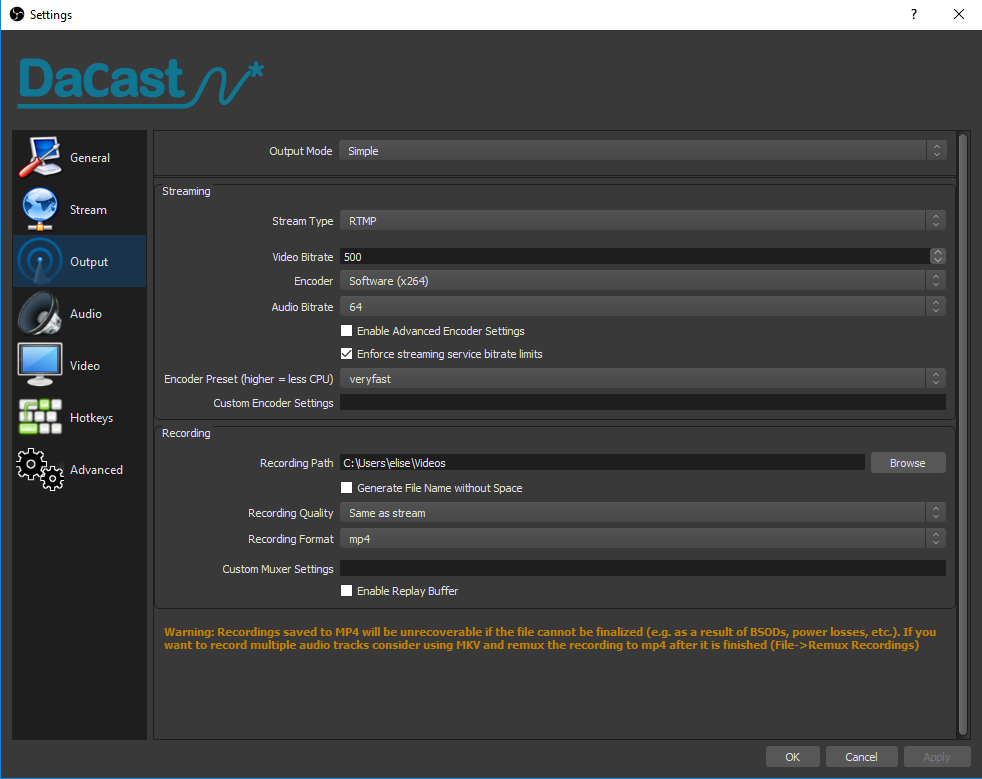

The BBC's broadcasting monopoly was made explicit for the duration of its current broadcast licence, as was the prohibition on advertising.

This was to be followed by a simple 10 shillings licence fee to fund broadcasts. The Committee recommended a short term reorganisation of licence fees with improved enforcement in order to address the BBC's immediate financial distress, and an increased share of the licence revenue split between it and the GPO. By mid-1923, discussions between the GPO and the BBC had become deadlocked and the Postmaster General commissioned a review of broadcasting by the Sykes Committee. Set sales were disappointing as amateurs made their own receivers and listeners bought rival unlicensed sets. The financial arrangements soon proved inadequate. From private company towards public service corporation, 1923 to 1926 To this day, the BBC aims to follow the Reithian directive to "inform, educate and entertain". The company was to be financed by a royalty on the sale of BBC wireless receiving sets from approved domestic manufacturers. Stanton Jefferies was its first director of music. John Reith, a Scottish Calvinist, was appointed its general manager in December 1922 a few weeks after the company made its first official broadcast. Anxious to avoid the same chaotic expansion experienced in the United States, the GPO proposed that it would issue a single broadcasting licence to a company jointly owned by a consortium of leading wireless receiver manufacturers, to be known as the British Broadcasting Company Ltd, which was formed on 18 October 1922. īut by 1922, the GPO had received nearly 100 broadcast licence requests and moved to rescind its ban in the wake of a petition by 63 wireless societies with over 3,000 members. By late 1920, pressure from these quarters and uneasiness among the staff of the licensing authority, the General Post Office (GPO), was sufficient to lead to a ban on further Chelmsford broadcasts. However, this public enthusiasm was not shared in official circles where such broadcasts were held to interfere with important military and civil communications. The Melba broadcast caught the people's imagination and marked a turning point in the British public's attitude to radio. It was sponsored by the Daily Mail 's Lord Northcliffe and featured the famous Australian soprano Dame Nellie Melba. The birth of British broadcasting, 1920 to 1922īritain's first live public broadcast was made from the factory of Marconi's Wireless Telegraph Company in Chelmsford in June 1920. Historyįor a chronological guide, see Timeline of the BBC.

It is colloquially known as the Beeb, Auntie, or a combination of both ( Auntie Beeb). įrom its inception, through the Second World War (where its broadcasts helped to unite the nation), to the popularisation of television in the post-WW2 era and the internet in the late 20th and early 21st centuries, the BBC has played a prominent role in British life and culture. In 2009, the company was awarded the Queen's Award for Enterprise in recognition of its international achievements. Since 1 April 2014, it has also funded the BBC World Service (launched in 1932 as the BBC Empire Service), which broadcasts in 28 languages and provides comprehensive TV, radio, and online services in Arabic and Persian.Īround a quarter of the BBC's revenue comes from its commercial subsidiary BBC Studios (formerly BBC Worldwide), which sells BBC programmes and services internationally and also distributes the BBC's international 24-hour English-language news services BBC World News, and from BBC.com, provided by BBC Global News Ltd. The fee is set by the British Government, agreed by Parliament, and is used to fund the BBC's radio, TV, and online services covering the nations and regions of the UK. Its work is funded principally by an annual television licence fee which is charged to all British households, companies, and organisations using any type of equipment to receive or record live television broadcasts or watch using iPlayer. The BBC is established under a royal charter and operates under its agreement with the Secretary of State for Culture, Media and Sport. It is the world's oldest national broadcaster, and the largest broadcaster in the world by number of employees, employing over 22,000 staff in total, of whom approximately 19,000 are in public-sector broadcasting. The British Broadcasting Corporation ( BBC) is the national broadcaster of the United Kingdom, based at Broadcasting House in London, England.


 0 kommentar(er)
0 kommentar(er)
